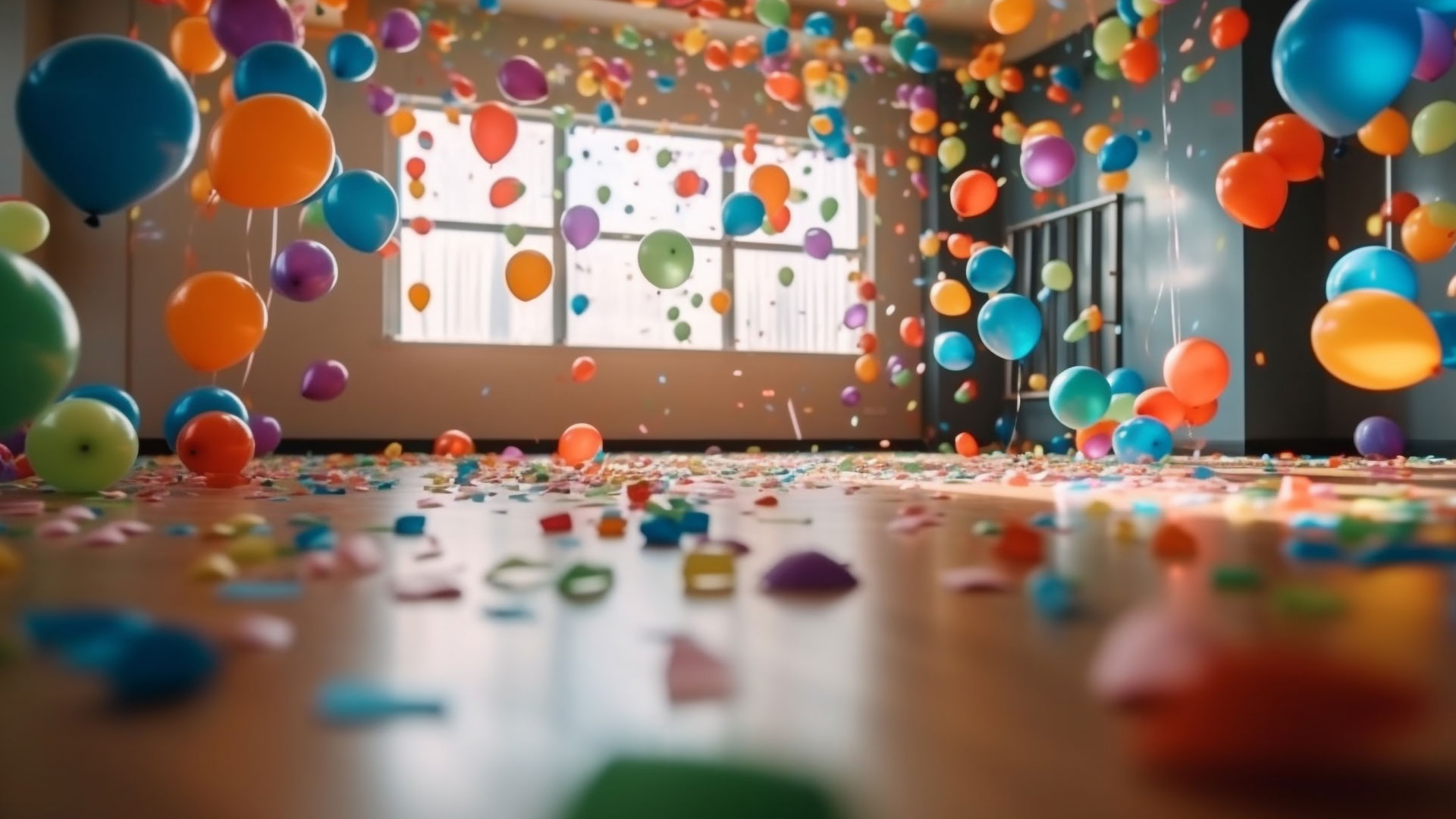In his 1997 masterpiece Life is Beautiful (La vita è bella) Roberto Benini narrates the story of a father who tries to create a world for his son while being in a Nazi concentration camp. Far-fetched as it may sound, during the pandemic era educators have acted (or at least they should have) like this caring parent in a dystopian environment that has some things in common with the one described in the film: isolation, oppression, constant fear of death and loss. Someone might argue that this is nothing but new.
TEXT BY VASSILIKI LISMANI, EFL Teacher, Bed., MA in Special Education, CELTA, TESOL Greece Board Member
In many cases in the past, educators had to create a safe environment for their students and provide a shelter or a shield. It is the first time though that we had to do this without any physical presence and connection and still in need to find a way to reach our students.
Recently, talking with a colleague she sounded devastated while she was sharing her fears that this school year (2020-2021) was a complete loss, a failure, and that we’d all pay the price the following year!!! Honestly, I was more shocked by her attitude than the situation she had described carefully having chosen so negative words. I don’t want to overgeneralize and imply that this attitude reflects the feelings of all teachers. I do believe that the majority of colleagues worked miracles against all odds as they discovered new approaches, methods, applications and educational platforms and all these literarily overnight. They equally acknowledged their students’ efforts despite the innumerable challenges that this situation had imposed. Like Benini’s character, they suppressed their own anxiety, fears and agony in order to focus on their students’ needs.
The time has come to reconsider and evaluate what is a failure and what a success and adopt a reflective approach to examine what we have gained from all this adventure and consequently, set the basis for a critical reflection on our practices.
- De-demonizing e-learning. What we have experienced all the previous months can be described as emergency remote learning (ERL) that is a temporary shift of instructional delivery to an alternate delivery mode due to crisis circumstances [..] The primary objective in these circumstances is not to re-create a robust educational ecosystem but rather to provide temporary access to instruction […]
Hodges, Moore, Lockee, Trust, Bond, 2020, para 13
For most of our students this was the first time they have ever experienced online classes. Apparently, it is our responsibility to show and acknowledge the advantages of e-learning not as an emergency but rather as a valid educational system based on formalized teaching. For years EFL educators have been boasting about attending massive open online courses via different educational and learning platforms or having completed their MA studies attending online courses. Apparently, the facts are not the same and e-learning has a different impact on adult education, training and professional development compared to younger students. However, we can still show our students the innumerable opportunities offered to them through online learning. Instead of mourning over our bad luck, we should decide to focus on the opportunities e-learning offers to them and share our personal experiences as e-learners and what we have gained.
Online learning has come to stay (and this is not necessarily a bad thing)!!! Honestly, some months ago I couldn’t have thought I would ever say that but now I feel confident enough to admit it. We love our students, we’ve missed hugging the little ones and we’re all sick and tired with all these technical problems we had to deal with on a daily basis. Nonetheless, the pandemic gave us the opportunity to investigate and apply new methods. Now that we all hope that we won’t have to resort to remote classes exclusively again, it’s the perfect time to turn to hybrid and blended learning, flipped classrooms and asynchronous sessions as a result of a pedagogical choice and not out of necessity. All these modes of learning have been around for years but have we decided to introduce them into our practice? Have we ever taken the risk to leave our comfort zone and try something different? The new school year is the right time. Instead of looking forward to getting rid of technology and returning to the “old good days”, let’s think how good these old days actually were and whether online learning (this time as a choice and not as something imposed by the conditions) can make the big difference.
Re-examine our educational role. Is it only about following the curriculum and finishing the text books? If this is our educational priority and goal, then yes, this year was a failure. Under these circumstances little did we know about how to alter the curriculum and adapt the available materials in order to fit in and serve our online classes. But if, like Benini in his movie, we targeted our students’ well-being and tried to offer them a safe relaxing environment during these hard times then definitely, the previous school year was our best moment! Equally important, our students’ well-being should remain a priority this year as the threat of restrictions or even worse a new lockdown might still be above our heads.
Apparently, the pandemic brought about unprecedented changes in the way most of us were used to delivering our lessons and connecting with our students. ERT was abruptly introduced leaving us with no time to adapt and forcing both us and our students to spend hours behind our computer screens until our eyes hurt and our ears were ringing. Instead of totally rejecting e-learning, it might be more constructive to use this experience as an asset to reconsider our attitudes and beliefs and use them as the starting point for in-depth critical reflection that will inform and transform our teaching.•



